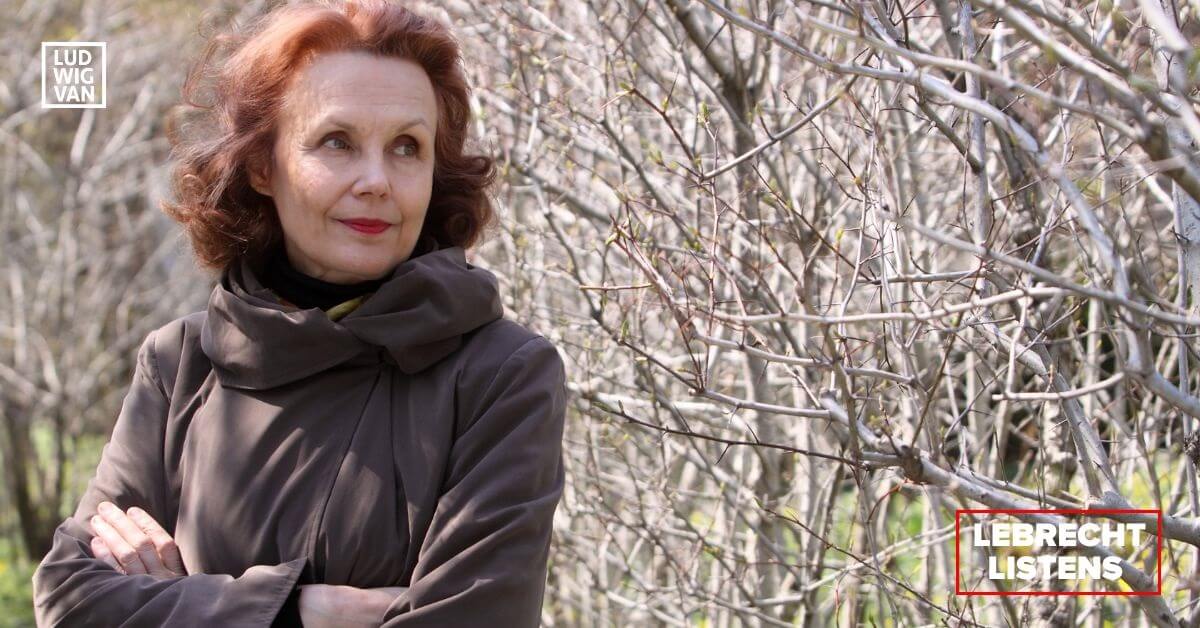
Kaija Saariaho: Reconnaissance (Bis)
★★★★☆
🎧 Spotify | Amazon | Apple Music
Two weeks after the composer’s death, an album has been rush-released of her little-known choral music, some of it as captivating as any you will hear all summer. Saariaho is famed chiefly for her stark operas and intricate orchestral textures. She admits in the album notes to a lifelong inclination to write for choirs and, in this intriguing collection, she does so in her own inimitable way.
Finnish born but never cowed by Sibelius’s shadow, Saariaho studied with the European avant-garde and found her voice while tinkering with early computers in Pierre Boulez’s Ircam laboratory in Paris. Her opening track, Nuits, adieux, employs the live electronics that Boulez pioneered in Répons, without in his case fully integrating them. What Saariaho creates is a personal soundscape of shrieks, heavy breathing, love-play, church acoustics, plinks and plods, voiced by just four singers and live electronics. It’s something else altogethner — and, if the electronics bother you, there’s an alternative naked version in this collection for four singers and full choir.
In four premiere recordings sung by the Helsinki Chamber Choir and their director Nils Schweckendiek, there is a typical Saariaho fixation with text, albeit in fragmentary form, phrases of French, English, Latin and German punctuating the soundscape, reminiscent at times of Messiaen and Ligeti. The title track proclaims an intended ambiguity. In English, ‘reconnaissance’ means a military manoeuvre to survey of enemy territory. In French, it implies a reacquaintance with something, usually oneself.
There is a magical introspection to this piece, as if encompassing the composer’s whole life and all its interests, from medieval madrigals to space exploration. Percussion and double bass add dimensions of doom and disturbance. The most recent of her choral works it may come as close to a masterpiece as anything written during COVID.
“Such was our final revolution,” it concludes. But nothing ever ends and Saariaho’s music will long endure.
#LUDWIGVAN
Get the daily arts news straight to your inbox.
Sign up for the Ludwig van Daily — classical music and opera in five minutes or less HERE.
- LEBRECHT LISTENS | Klaus Tennstedt’s Conducting Genius Revealed In Live Radio Recordings - July 26, 2024
- LEBRECHT LISTENS |Alexandra Dariescu And The Philharmonia Orchestra Tackle Clara Schumann & Grieg - July 19, 2024
- LEBRECHT LISTENS | Yundi Gives Mozart A Revelatory Makeover On The Sonata Project — Salzburg - July 12, 2024



